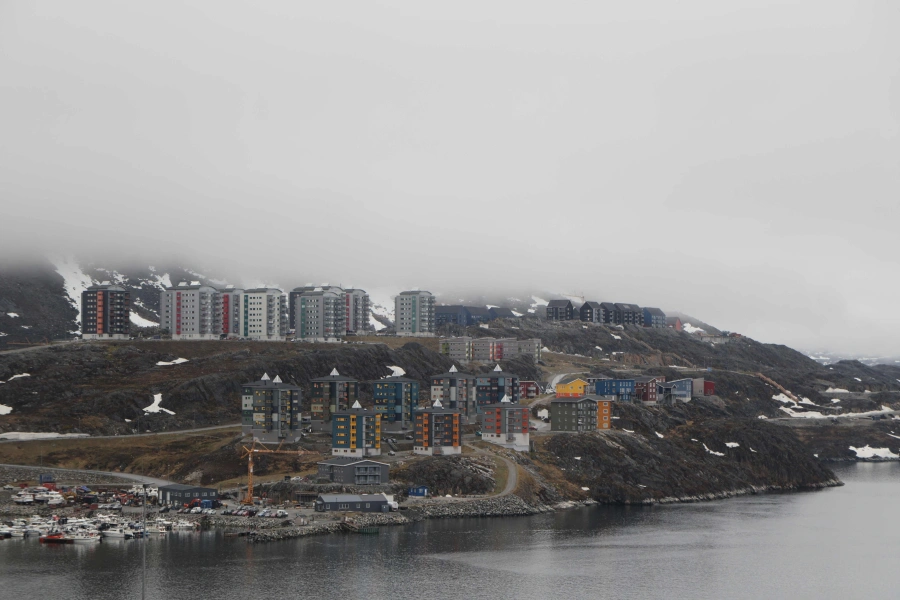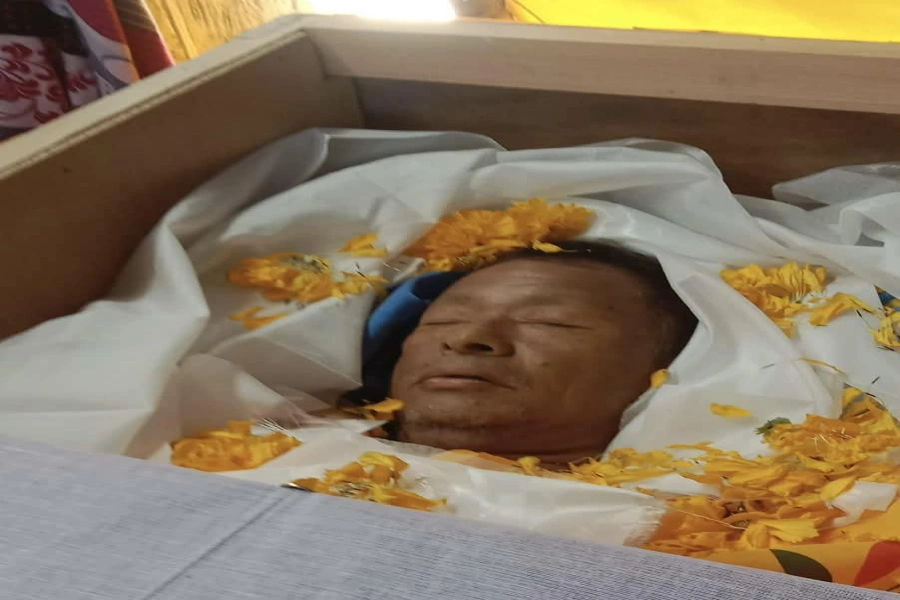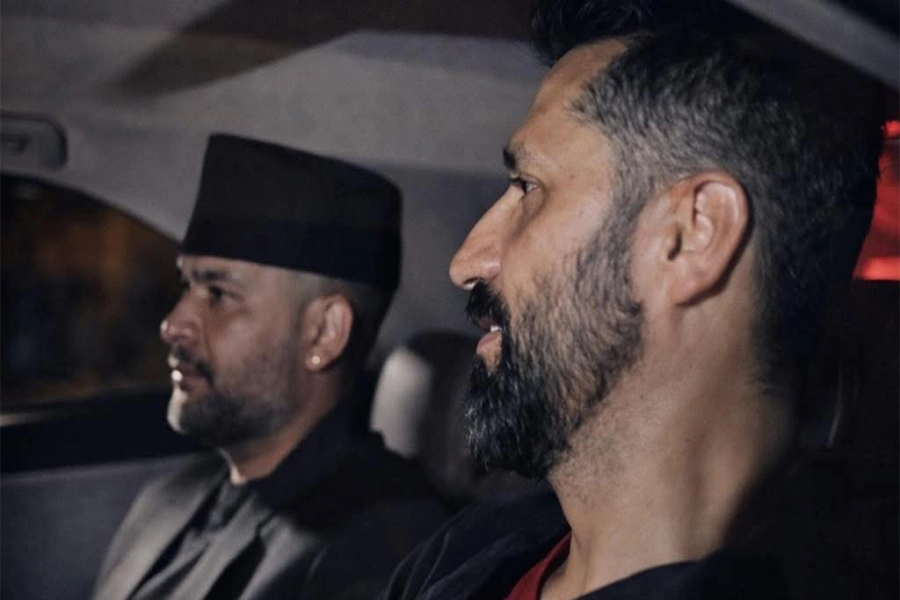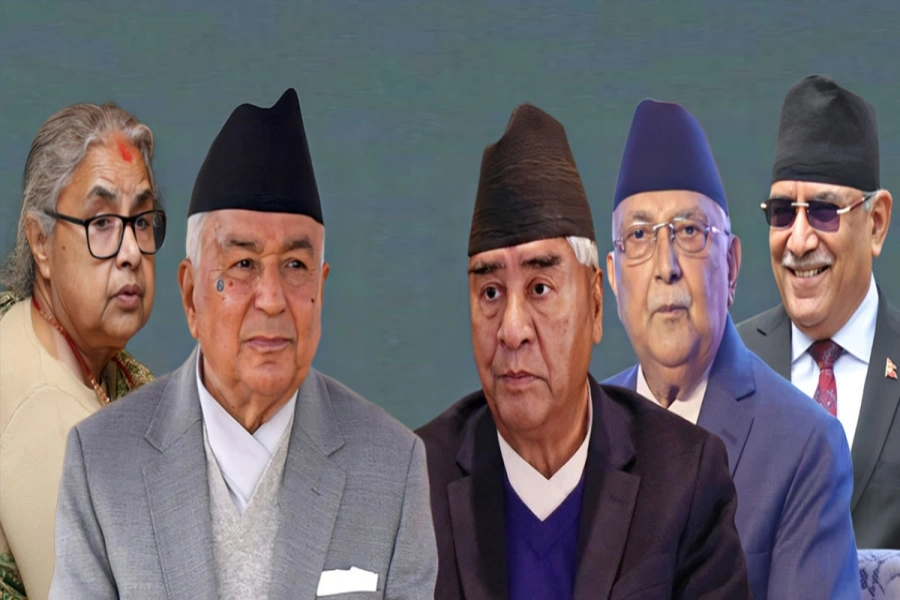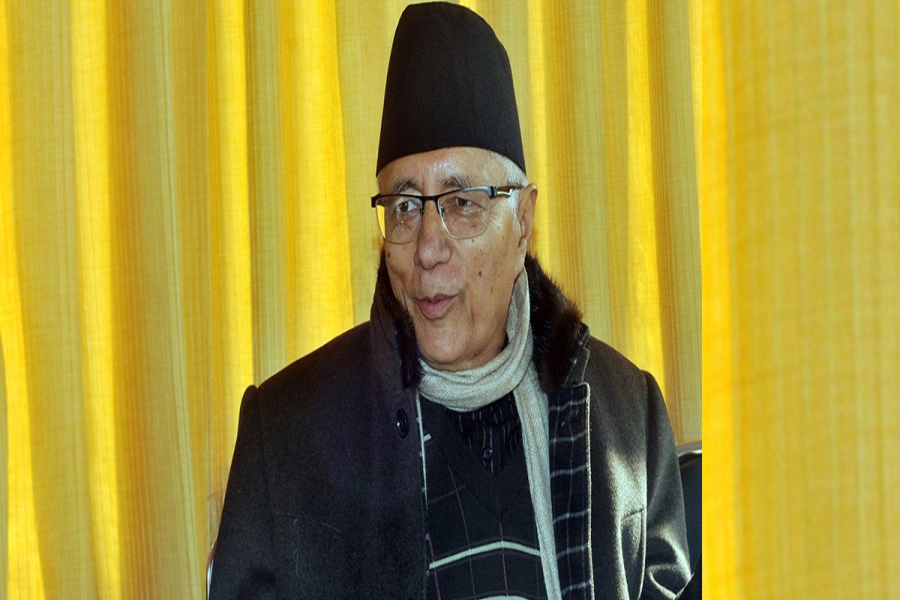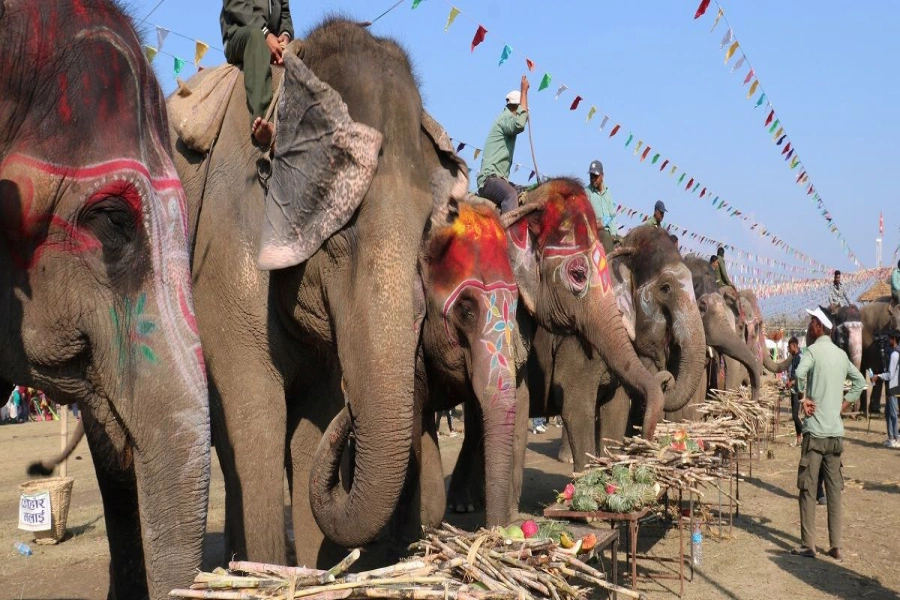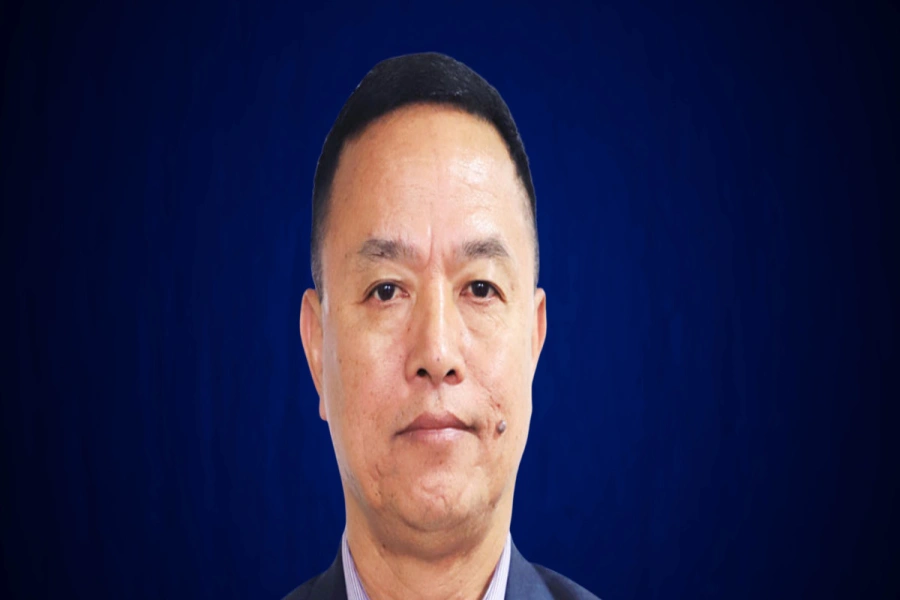KATHMANDU, Jan 28: The meteoric rise and fall of Rastriya Swatantra Party (RSP) President Rabi Lamichhane is likely to have ripple effects in the course of the country's national politics.
Within seven months after its formation, the RSP led by Lamichhane rose to become the fourth largest political party in the federal parliament. The party got four ministerial portfolios including Deputy Prime Minister and Home Minister in the Pushpa Kamal Dahal-led cabinet.
But with the resignation of Lamichhane from the post of deputy prime minister and home minister hours after the Supreme Court dismissed his post of Member of Parliament (MP), the national politics is likely to take a new course, according to insiders within the ruling parties.
The apex court’s ruling has made CPN (Maoist Center) Chairman and Prime Minister Pushpa Kamal Dahal more powerful while Nepali Congress (NC)—the largest party in parliament— is likely to be a beneficiary of the new political dispensation.
Infographics: Meteoric rise of Emmanuel Macron

RSP, which has secured 20 members in the House of Representatives (HoR), is one of the main coalition partners in the Dahal-led cabinet. Although RSP will still remain in the government, the party is less likely to get the portfolio of deputy prime minister and home minister in the absence of Lamichhane, who had earned huge popularity as a media person and earned a stature a home minister deserves.
The denial on the part of Prime Minister Dahal to give RSP the home ministry can create rift among the coalition partners. Whether Prime Minister Dahal wants to retain the current alliance or wants to forge the alliance with NC, CPN (Unified Socialist) and other parties is something that needs to be seen in due course of time.
Sources, however, said Prime Minister Dahal has shared within the party that the current coalition with the UML is not ‘comfortable’ to him. While he has not been able to work independently due to K P Oli’s strong influence within the government, Prime Minister Dahal has Rastriya Prajatantra Party and RSP as strange bedfellows in the cabinet.
While RPP is deemed as a political force that is against the political changes brought about by the people’s movement in 2006, RSP is often seen as an ‘anti-federalist’ force. Dahal, who claims to be the champion of political change and a true federalist force, has found them as forces that have an agenda hostile to his own party.
Prime Minister Dahal has begun to increasingly see his alliance with the NC and the Unified Socialist with whom he had forged electoral alliance ‘natural one’ in terms of the agenda. It may not be just a coincidence that the Maoist Center on Friday decided to forge ‘national consensus’ to elect a new president.
The decision taken by the Maoist Center is contrary to the agreement reached earlier with the UML. The Maoist Center had reportedly agreed to help elect UML candidate as new president.
UML Chairman K P Oli has already announced to field its candidate for the presidential election. In case the Maoist Center fails to honor their informal agreement, a section of leaders within the ruling parties see the possibility of breaking down the current alliance between the UML and the Maoist Center after the presidential election. Even if the UML decides to withdraw its support to the government, Dahal will still remain in power as NC and other parties have also voted in favor of his government.
But this opens up a possibility to form a new alliance comprising the NC, CPN (Unified Socialist) and a few other fringe parties. NC leaders told Republica that NC President Sher Bahadur Deuba has conveyed a message to Prime Minister Dahal that NC is even ready to support Dahal as the prime minister for the whole five years if the NC is given the presidency.
“There is a strong possibility that the country’s politics could now move to that direction,” a senior NC leader told Republica, asking not to be named.
Dahal and Oli had earlier reached an understanding to share the post of prime minister for two and half years each. Dahal may choose to accept the NC’s offer if he gets full assurance that he will be allowed to remain as the prime minister for the full term of the parliament. In that case, NC will get the president and chief ministers and ministers in provinces and ministers in the federal government will see some changes in due course of time.




